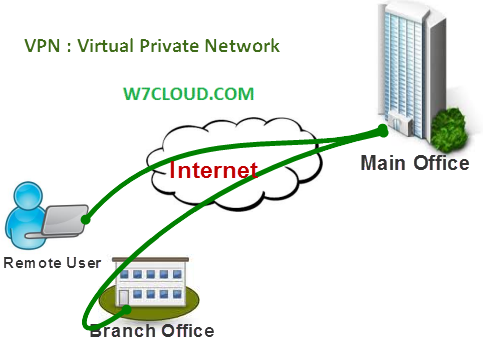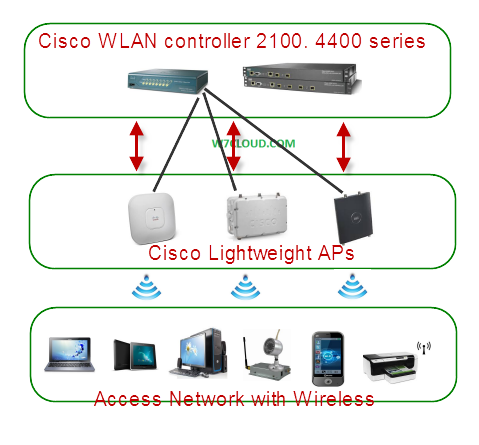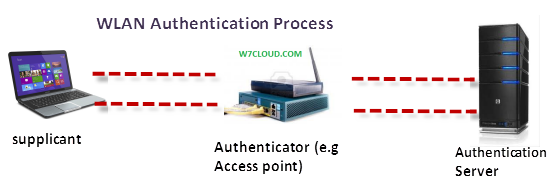
What is Virtual Private Network?
VPN is stand for virtual private network and it is a secure network that put together using public network to connect your enterprise edge to remote office, mobile user or home user. VPNs create the tunnels in that they carry traffic over an existing IP infrastructure. VPN technologies use the Internet, ATM/Frame Relay WANs, and point-to-point connected IP infrastructures to transport data from end to end.
There are different types of VPN, some types are as following:
Access VPN
Access VPN provides you access to your corporate office through dialup, modem, cable internet and from Wi-Fi. This provides you a secure way to connect the remote users to your office.
In this type of VPN users connect remotely using cable/DSL, wireless LAN, or 3G/4GWWAN. You have a “VPN server” at main site for hosting and providing the VPN access, while on the other hand on remote user-end you need VPN-client software for creating connection to main office. Remote network connectivity into the corporate network over the Internet is typically outsourced to an Internet service provider (ISP), and the VPN clients are usually supported by the internal helpdesk.
Site-to-site or Intranet VPN:
These VPNs are used to extend the existing network over the branch offices. Intranet VPNs or site-to-site VPNs connect remote offices to the main offices. Generally, the remote sites use their Internet connection to establish the VPN connection back to the corporate main office. But, they can also use a VPN tunnel over an IP backbone provided by the service provider. The advantage of Site to site VPNs is to reduce WAN infrastructure, lower WAN tariffs, and reduction in the operational costs. Here is an example of site to site VPN configuration on Cisco router, you can visit for details.
Extranet VPN:
These virtual private network s (VPNs) simply extend the network to strategic partners, customers and vendors over the internet. In extranet VPNs you need to more focus on security and it is important to have secure extranet network policies to restrict the business partners’ access. Typically, these types of VPNs terminate in a partner designated firewalled demilitarized zone (DMZ).
Advantage of using VPNs:
- VPNs are Low Cost solutions.
- VPNs are quite flexible for remote access solutions. Site to site VPN is a good example.
- VPNs have scalability and you can extend your network at any time with very low interception to existing network.
- The geographic coverage of VPNs is nearly everywhere, you can create them with Internet access in a secure consistent manner.














